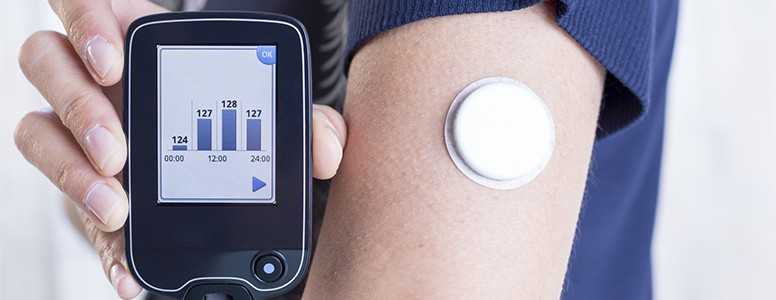Labour MP Jamie Reed has launched a petition to make continuous glucose monitors (CMGs) available on the NHS for people with type 1 diabetes.
Copeland MP Reed, who has type 1 diabetes, believes that increased CGM availability will not only benefit patients, but also save the NHS money in the long-term.
CGMs track blood glucose levels for 24 hours a day, and are generally considered to be less invasive than blood glucose meters. They also include alarms to indicate high and low blood sugar.
Moreover, CGM data can provide a much more detailed and comprehensive picture of control than blood glucose testing can, and reduce HbA1c without increasing the risk of hypoglycemia.
Their accessibility is currently limited on the NHS – NICE recommended in 2015 that the NHS should cover CGM costs for adults and children struggling with hypo awareness – but patients otherwise must fund treatment themselves.
Patients can initially pay between £1,000-£2,500 for a CGM, and then £40-£60 every five to seven days for running costs including new sensors.
Similar technology such as flash glucose monitoring is also available with lower initial costs and longer sensor usage than some CGM systems.
Reed highlights that investment in CGMs could benefit the NHS: severe hypos cost the NHS £13m a year, but CGMs can help patients avoid severe hypos.
Reed said: “What is clear to me is that, despite the excellent efforts of NHS staff, people with diabetes require a better service than the one that we currently receive. To make CGMs available people with type 1 diabetes will both save the NHS money, and reduce the risk of hypos, particularly in children.
“It is time that this technology is made available to all who need it, not just those that can afford it. It is also time that the government acts to develop a Diabetes Action plan.”
The petition is available online here.
What's new on the forum? ⭐️
Get our free newsletters
Stay up to date with the latest news, research and breakthroughs.








